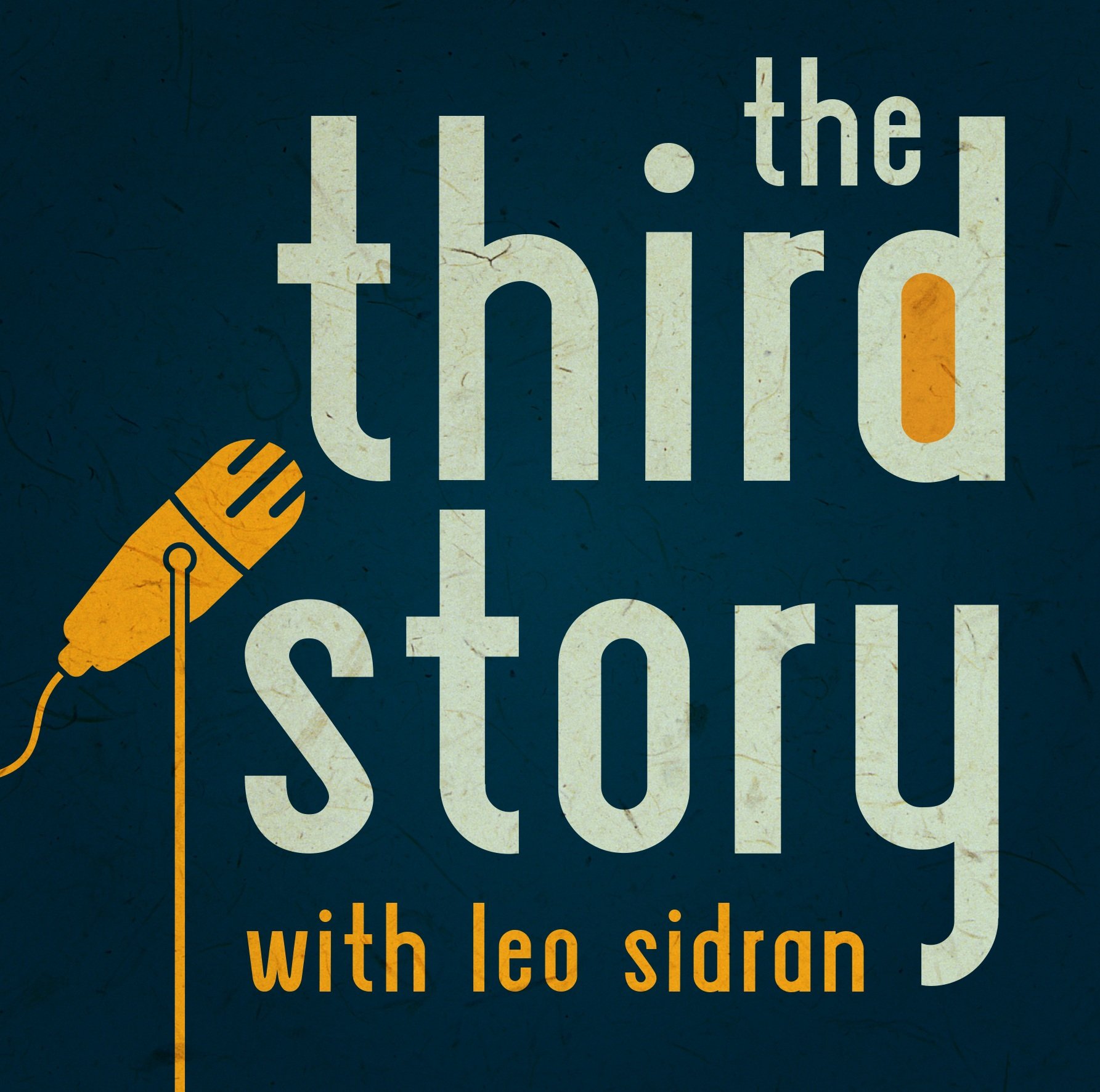139: Camila Meza
At first, Camila Meza wanted to talk like a musician. As a girl growing up in Chile shortly after the fall of the Pinochet dictatorship, she overheard her siblings’ impassioned conversations about the music VHS’s that were imported from the United States, the ones featuring Pat Metheny, Jaco Pastorius and Vinnie Colaiuta. “I just wanted to know, and I wanted to talk music like they did. I wanted to be part of the clan,” she told me.
At the same time, the sounds of Chilean folklore were re-emerging after years of having been repressed under Pinochet. Songwriters like Victor Jara, who had been lost to the dictatorship, were being rediscovered in the new atmosphere. So she absorbed both the music that was starting to enter from the north, and also the music that was beginning to bloom again from the south.
Then she wanted to practice like the musicians around her. She saw how seriously her siblings took it, and her father too. The standard was high, and the expectation was that in order to play music, one must be diligent, disciplined, and always strive for the highest possible level: “If you wanted to be a composer, you had to be better than Mozart. If you’re not going to be able to do that you might as well not do it.”
Over time, she began to rebel against that mentality and to believe that the highest level is “always in relation to oneself, not in comparison to others.”
She chose electric guitar. It was an unusual choice for a young Chilean girl. “There was no reference,” she explains. Even today, years later and from her position firmly established in the New York jazz scene, she says, “You will never understand if certain things that happen are because you’re a woman or not.” But she adds, “Today we’re seeing a specific moment in jazz of new awareness of who we will listen to, not only in today’s music but throughout the history of the music.”
Camila is part of why that new awareness is happening. She is an accomplished guitar player, singer, and songwriter. Her music is informed both by the jazz & contemporary popular music as it is by Latin American folkloric and Brazilian music. Jazz, she says, is a mindset. Her latest project (and first major label release), Ambar, is also her most ambitious, bringing together a wide range of elements, influences, materials and textures. It features a jazz rhythm section and a string quartet, and includes Meza’s original songs alongside material by Pat Metheny & David Bowie, Milton Nascimento, and Elliot Smith.
With Camila Meza, Brooklyn, October 2019
We got together recently to talk about her childhood in Chile, the nature of translation, improvisation, self observation, bootleg videotapes, identity, cruise ship living, synesthesia and distortion.
Thanks for listening. If you enjoyed it, please subscribe on iTunes and consider supporting the podcast on Patreon! And now you can also listen to the podcast on Spotify!


